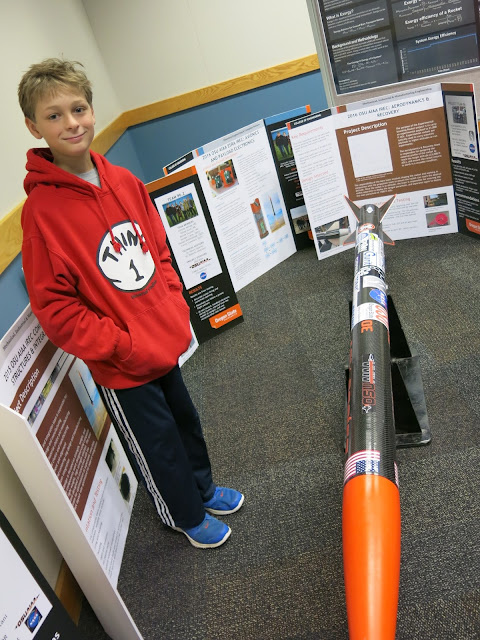"Applied curiosity; an insatiable desire to know and a drive to create." ~ Mark Lewis, STEM Director, Oregon Education Investment Board
What is scientific literacy?
Scientific literacy means that a person can ask, find, or determine
answers to questions derived from curiosity about everyday experiences.
It means that a person has the ability to describe, explain, and predict
natural phenomena. Scientific literacy entails being able to read with
understanding articles about science in the popular press and to engage
in social conversation about the validity of the conclusions. Scientific
literacy implies that a person can identify scientific issues
underlying national and local decisions and express positions that are
scientifically and technologically informed. A literate citizen should
be able to evaluate the quality of scientific information on the basis
of its source and the methods used to generate it. Scientific literacy
also implies the capacity to pose and evaluate arguments based on
evidence and to apply conclusions from such arguments appropriately. ~ National Academy of Sciences
"We look at science as something very elite, which only a few people can learn. That's just not true. You just have to start early and give kids a foundation. Kids live, up or down, to expectations." ~ Mae Jemison, first African American NASA astronaut
NASA Space Grant Symposium Take-Aways:
- "It is statistically easier to become an astronaut than become a major league sports player." ~ Catherine Lanier, NASA, OSU
- You don't have to work for NASA to do NASA research. Students from all over the nation work on NASA projects at universities all over the nation.
- Attending these kinds of events puts new vocabulary in their brains (and yours)! They, and you, may not understand it all, but it may create an interest that leads to a passion that leads to a future filled with intelligent and creative work.
- The NASA leaders and professors that come to these events are passionate about what they do and are great at inspiration; they welcome younger students!
- Science is a bunch of "what-if's" right now. We are once more in a creative, scientific, and technological revolution. Everyone in the room is learning from everyone else. There are very few experts, and if they are experts, they seem pretty humble.
- Learning to navigate a very large college campus when you are 11 vs 18 can be a great confidence booster. The ability to navigate life with your God-given brain in a GPS world is mighty important.
- NASA Space-Grant Symposium food is darn good, and they are happy to share it.



